

This comprehensive guide explores the world of socket screws, covering their types, applications, advantages, and selection criteria. Learn how to choose the perfect socket screw for your project, ensuring strength, reliability, and optimal performance. We’ll delve into the specifics of different socket screw drive types, materials, and sizes, helping you make informed decisions for your specific needs.
These are the most common type of socket screws, featuring a hexagonal recess in the screw head. They are versatile and suitable for a wide range of applications, offering excellent torque transmission and resistance to cam-out (the head slipping out of the driver). Common materials include steel, stainless steel, and alloys, each offering different strength and corrosion resistance properties. Choosing the right material depends heavily on the application's environment and the required load-bearing capacity. For example, stainless steel socket screws are ideal for outdoor applications or those with exposure to corrosive elements.
Often referred to as Allen bolts, these socket screws have a cylindrical head with a hexagonal socket. They are commonly used in applications where a low profile is desired and provide a clean, finished look. Similar to hex socket screws, they are available in various materials and sizes to suit different needs. Consider factors such as the required clamping force and the material being fastened when selecting the appropriate size and grade.
These socket screws are primarily used to secure components together without requiring a through hole. They are often found in applications where precise positioning and clamping are crucial. Various points, such as cup points, cone points, and oval points, are designed to maximize gripping power and prevent loosening. The selection should depend on the type of application and the sensitivity to the fastened parts. For high-precision work, the use of specialized high-quality set screws may be beneficial.
Selecting the appropriate socket screws involves considering several crucial factors:
The material of the socket screw significantly impacts its strength, durability, and resistance to corrosion. Common materials include:
The correct size and thread pitch are crucial for ensuring a secure and reliable fastening. Incorrect sizing can lead to stripping or insufficient clamping force. Refer to industry standards such as ISO or ANSI for accurate sizing and thread specifications. Using a torque wrench to apply the correct tightening torque is vital for preventing damage to the socket screws and the assembled components.
The drive type refers to the shape of the socket in the screw head. Common drive types include:
Socket screws are used in countless applications across various industries, including:
For high-quality socket screws and other fasteners, consider exploring reputable suppliers such as Hebei Muyi Import&Export Trading Co.,Ltd. Visit their website to learn more about their product offerings and services. They offer a wide range of socket screws and other fasteners to cater to diverse needs and applications.
| Material | Strength | Corrosion Resistance | Cost |
|---|---|---|---|
| Steel | High | Low | Low |
| Stainless Steel | High | High | Medium |
| Brass | Medium | High | Medium |
Remember, selecting the correct socket screw is critical for ensuring the safety and performance of your project. By carefully considering the factors outlined in this guide, you can make informed decisions and achieve optimal results.

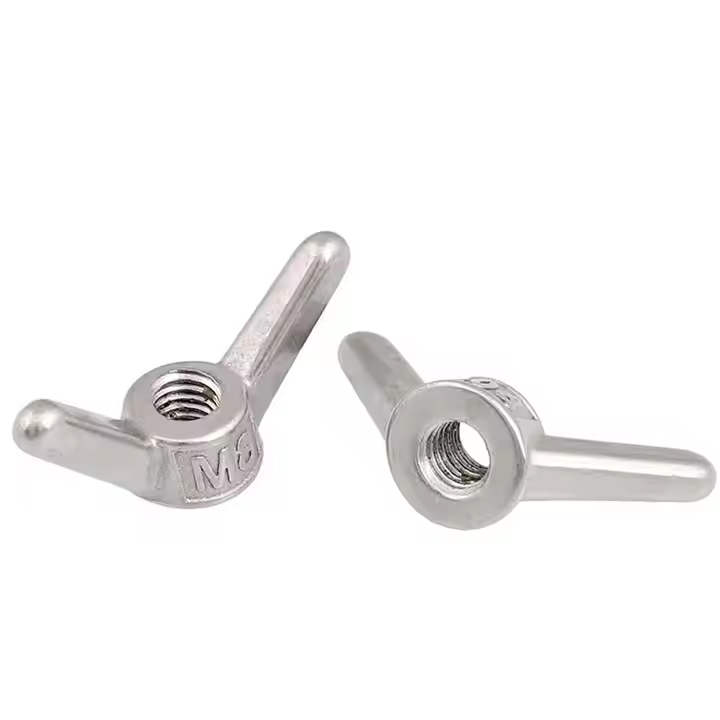


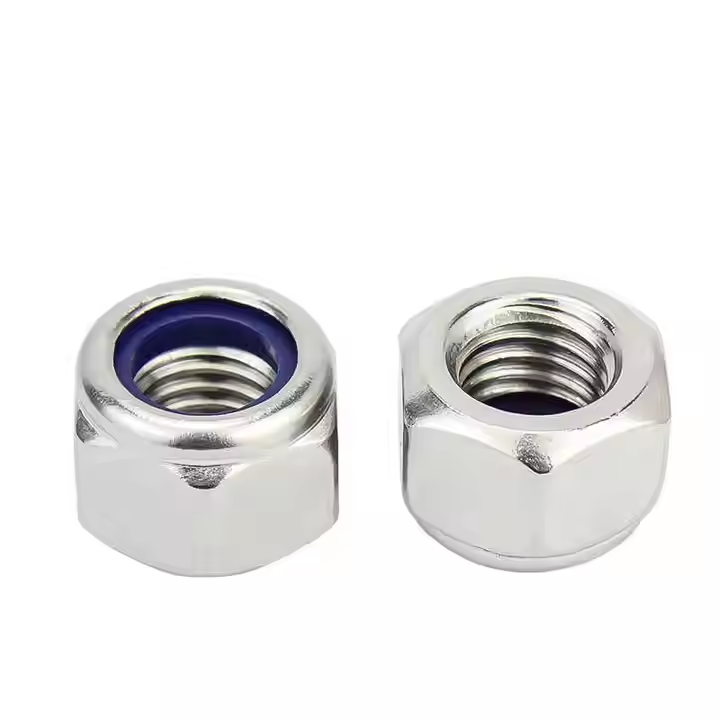
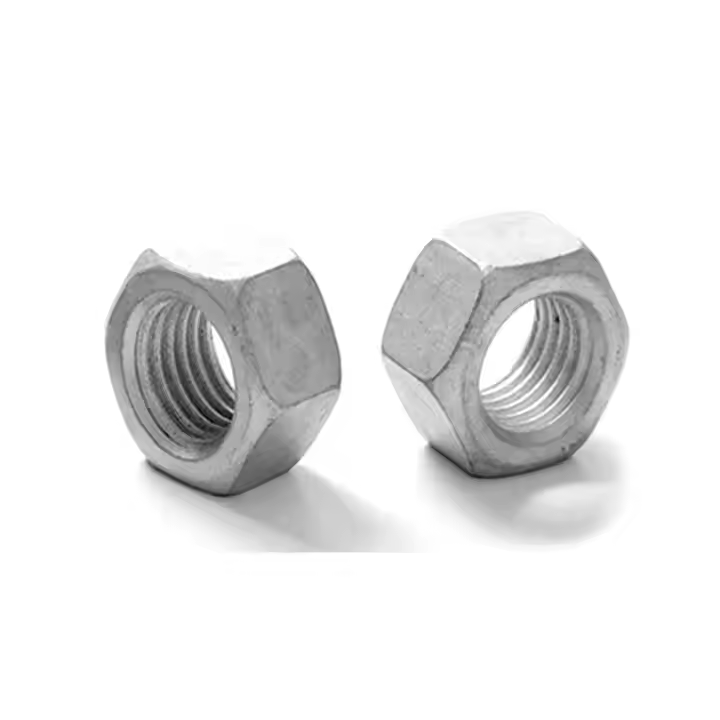
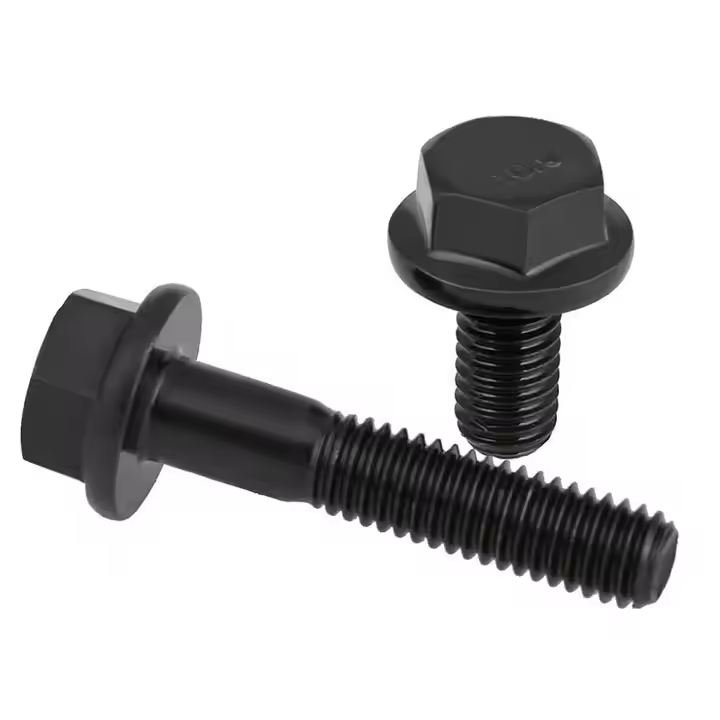
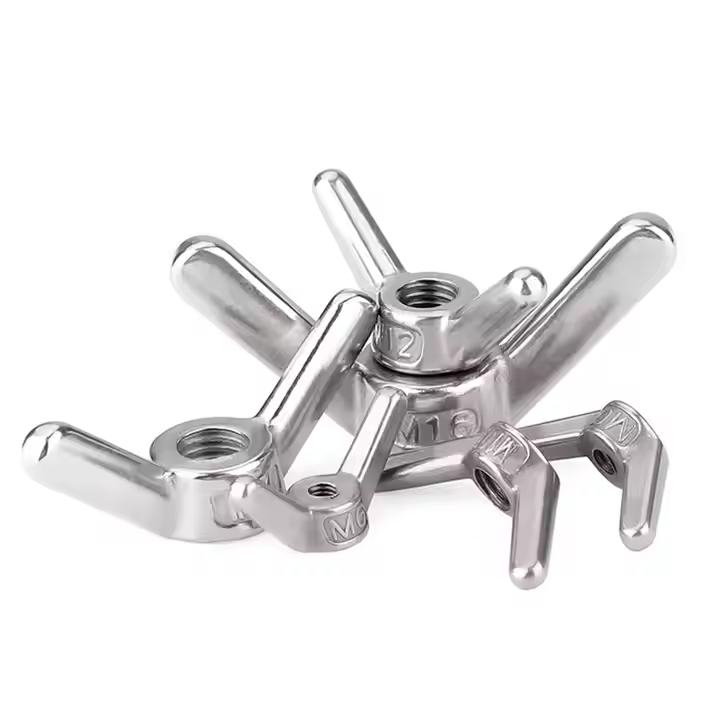



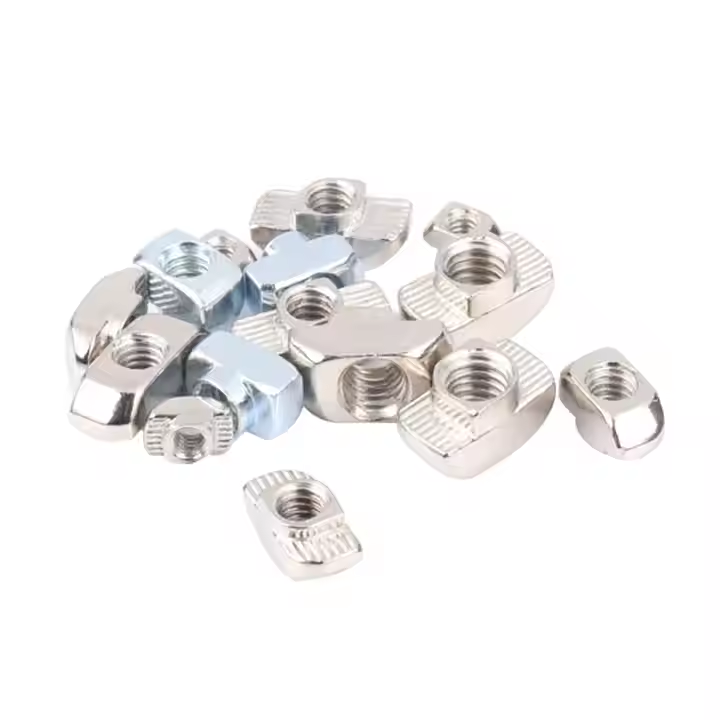
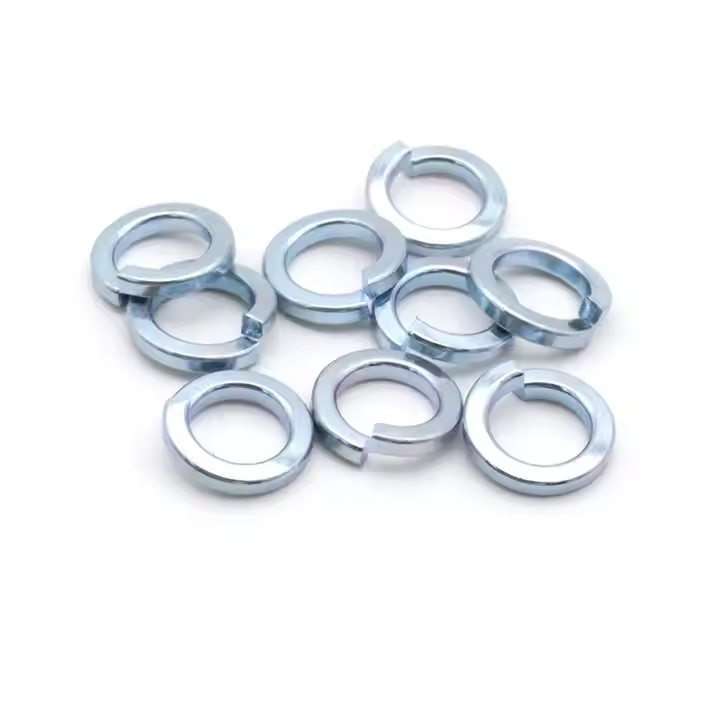
Please enter your email address and we will reply to your email.